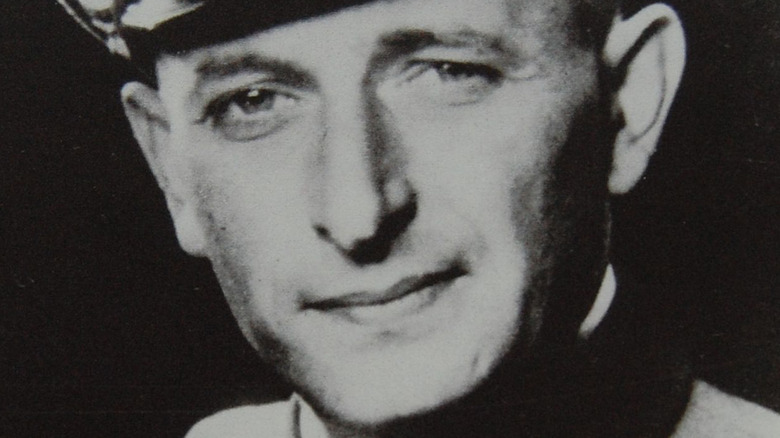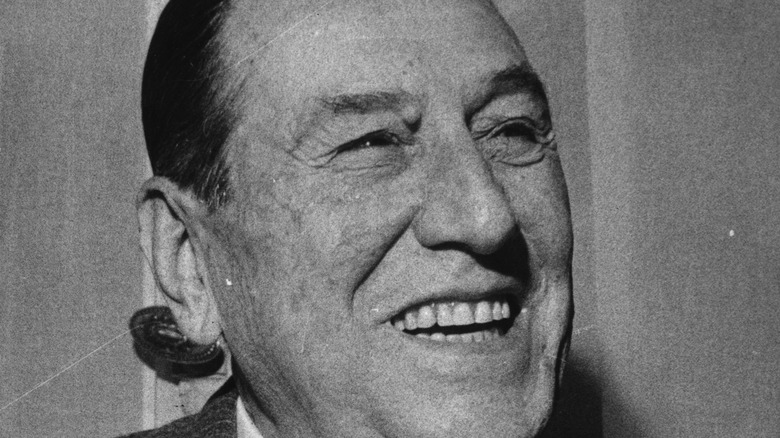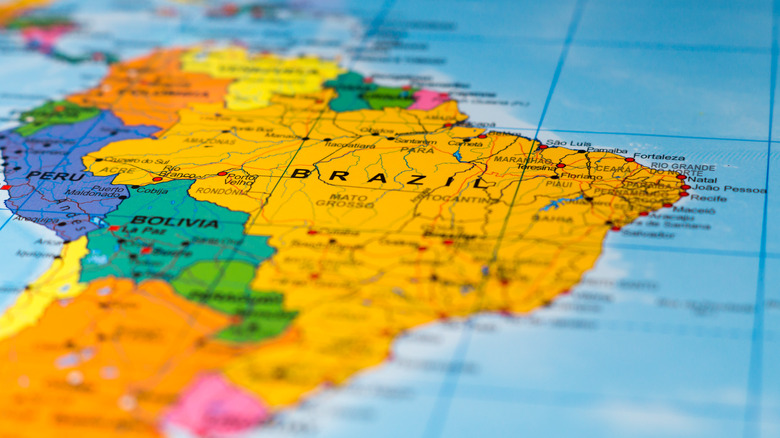Why Did So Many Nazis Escape To Argentina?
In the waning days of 1945 after WWII ended and the Germans lost the war, Nazi war criminals found their country, even the European continent, to be a less than hospitable place to live. As many as 5,000 of them fled Germany finding refuge in Argentina, according to the Daily Mail.
Secret documents obtained by German prosecutors from Brazil and Chile revealed 9,000 Nazis and their collaborators escaped to Argentina and other South American countries. Between 1,500 and 2,000 wound up in Brazil, 500 to 1,000 in Chile and 1,000 to 2,000 others fled to Paraguay and Uruguay, according to the Daily Mail. Among the most high-profile Nazi criminals to flee to South America was Adolf Eichmann, the notorious Nazi SS lieutenant colonel who headed the transport of millions of Jews to concentration camps, Klaus Barbie who was known as the "Butcher of Lyon" for personally torturing Jews and members of the French Resistance when he served as the head of the Gestapo in Lyon, France, and SS colonel Walter Rauff, who created the mobile gas chambers responsible for killing at least 100,000 people, according to History.com.
How the president of Argentina helped the Nazis
Many South American countries practically threw out the welcome mat for the Nazis, and chief among them was Argentina, whose president Juan Peron was attracted to the ideologies of Adolf Hitler and Italy's fascist dictator Benito Mussolini, according to History.com. Peron helped Nazi party members and SS officers get out of Europe safely by ordering the establishment of escape routes also known as "ratlines." The safe passages ultimately helped some 800 war criminals escape to Argentina.
Peron also assisted by selling 10,000 blank passports to an organization set up to protect Nazis if they were defeated, according to the Daily Mail. Peron specifically recruited certain Nazis with specific knowledge in military and technical areas. Kurt Schrimm, who heads the central war criminal authority in Germany and was on the team looking through the documents from Brazil and Chile, told the Daily Mail that most of the Nazis entering South America came under a fake name and they most often came alone, later sending for their families.
Few Nazi war criminals faced prosecution
Most of the Nazi war criminals who escaped Germany and ended up in Argentina and other South American countries never paid for their crimes, according to History.com. Gustav Wagner, the SS officer known as the "Beast," was supposed to be extradited to Germany, but Brazil's supreme federal court refused to extradite. After living in Peru and Bolivia for twenty years Klaus Barbie was found by Nazi trackers in the 1970's and extradited to France in 1983. He was sentenced to life in prison for crimes against humanity and in 1991 died in a French prison of cancer, according to the Washington Post.
Adolf Eichmann, the architect of the Holocaust, was living under the name Ricardo Klement, and was nabbed on the streets of Buenos Aires in 1960 by Israeli secret service agents, according to History.com. He was also convicted of crimes against humanity by an Israeli court and executed in 1962.


